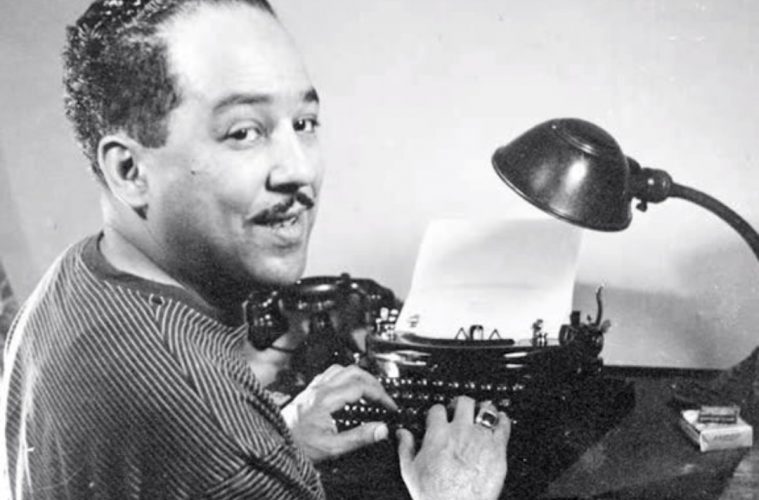By: Ashley Tillery
James Mercer, known as Langston Hughes, was born on February 1, 1902. The highly-respected and renowned poet, social activist, novelist, and playwright was born in Joplin, Missouri, but raised in Lawrence, Kansas.
While growing up, writing poetry was a strong passion for Hughes. In grammar school, he was elected class poet, even though back then he thought it was because of the color of his skin. He went on to write his first piece of jazz poetry, “When Sue Wears Red” in high school.
At age 17, he wrote the poem, The Negro Speaks of Rivers, and the rest is history.
In 1926, Hughes enrolled into Lincoln University, a historically black university, in Chester County, Pennsylvania. During the mid-1920s, he was known as the leader of the Harlem Renaissance in New York City.
Hughes’ dedication to black music encouraged him to write his first two jazz and blues novels, The Weary Blues in 1926 and Fine Clothes to the Jew in 1927.
His expansive collection of work has made him one of the most prolific writers in African American history.
On May 22, 1967, Hughes died from complications from an abdominal surgery related to prostate cancer. Although his voice is silent, his words will live on forever.
News With Attitude salutes his greatness on this historic day. Continue to rest in peace and power.
Rocking back and forth to a mellow croon,
I heard a Negro play.
Down on Lenox Avenue the other night
By the pale dull pallor of an old gas light
He did a lazy sway . . .
He did a lazy sway . . .
To the tune o’ those Weary Blues.
With his ebony hands on each ivory key
He made that poor piano moan with melody.
O Blues!
Swaying to and fro on his rickety stool
He played that sad raggy tune like a musical fool.
Sweet Blues!
Coming from a black man’s soul.
O Blues!
In a deep song voice with a melancholy tone
I heard that Negro sing, that old piano moan—
“Ain’t got nobody in all this world,
Ain’t got nobody but ma self.
I’s gwine to quit ma frownin’
And put ma troubles on the shelf.”Thump, thump, thump, went his foot on the floor.
He played a few chords then he sang some more—
“I got the Weary Blues
And I can’t be satisfied.
Got the Weary Blues
And can’t be satisfied—
I ain’t happy no mo’
And I wish that I had died.”
And far into the night he crooned that tune.
The stars went out and so did the moon.
The singer stopped playing and went to bed
While the Weary Blues echoed through his head.
He slept like a rock or a man that’s dead.

